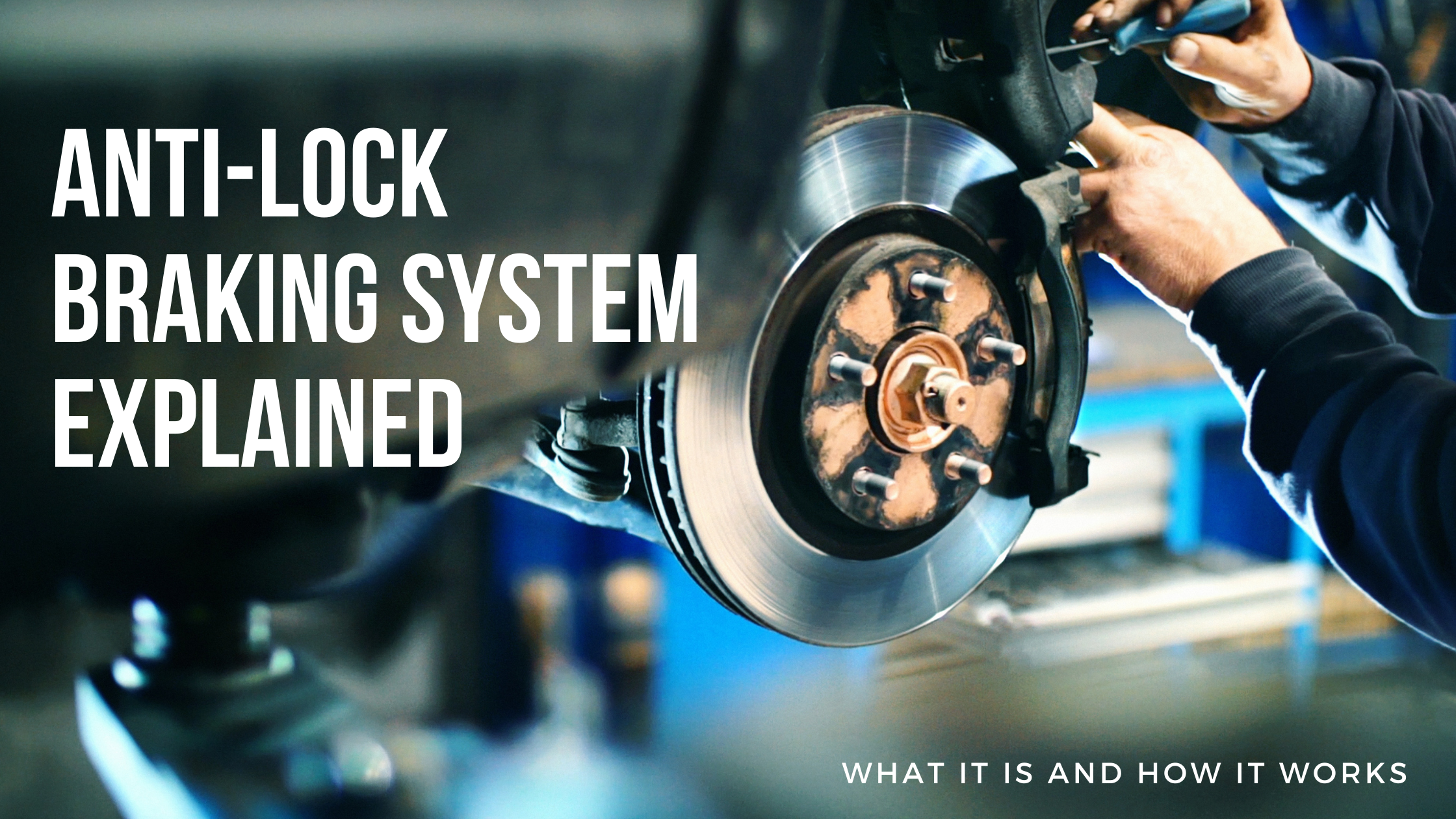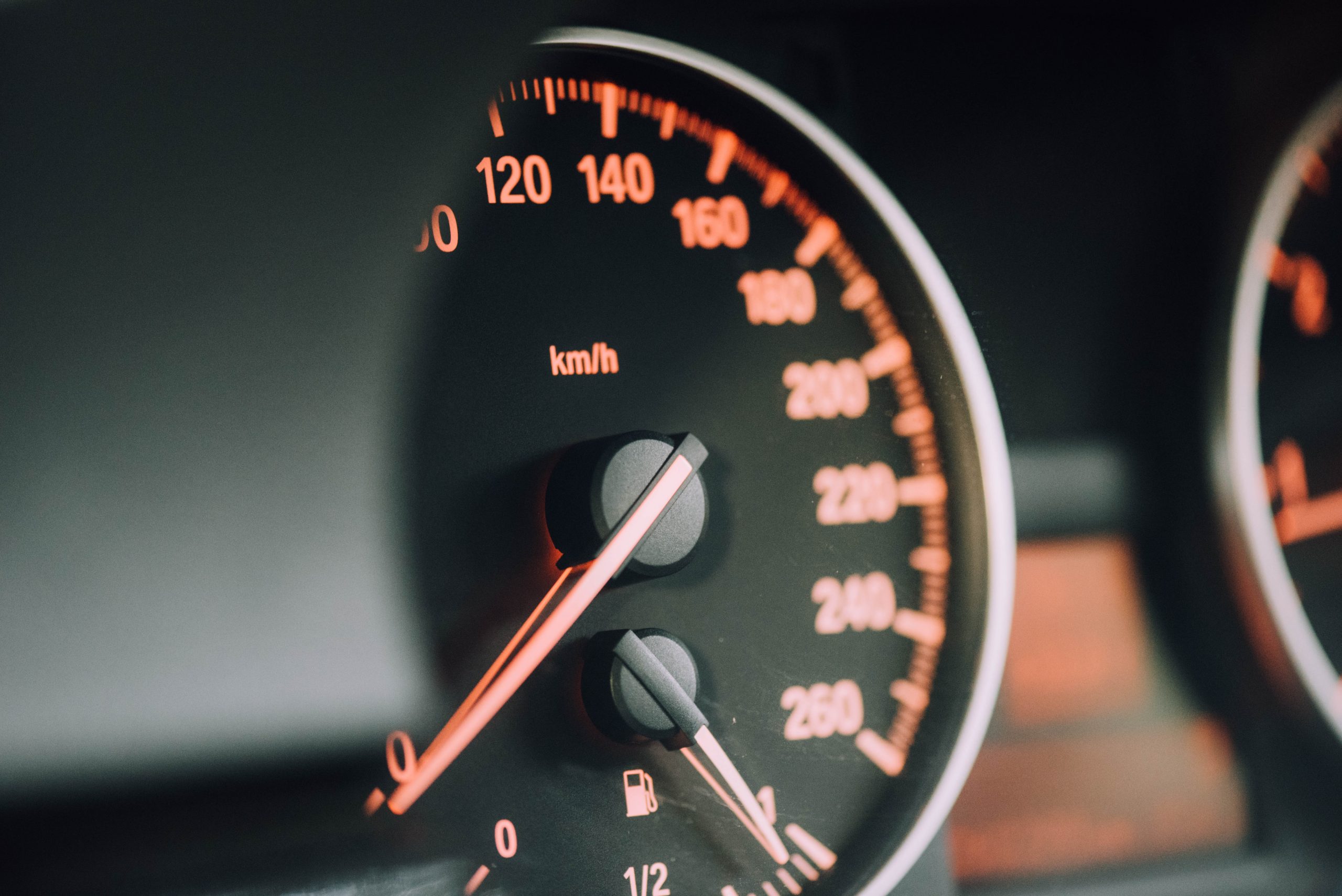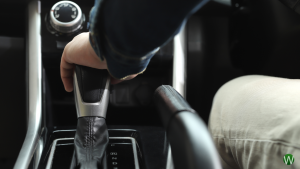Brakes are one of the most critical safety features of a car. They are responsible for slowing or stopping the car when you hit the brake pedal. In some cases, it is necessary to slow or stop the car quickly, such as when you see a hazard in the road ahead. This is where anti-lock braking systems (ABS) come into play.
1) What Is ABS?
Anti-lock braking systems (ABS) are designed to help drivers maintain control of their cars during sudden brake applications. ABS works by preventing the wheels from locking up and skidding when you hit the brakes hard. This helps you to keep steering control so that you can avoid obstacles or other vehicles.
Most modern cars come equipped with some form of ABS, but it is essential to understand how it works and how to use it properly. Here is a brief explanation of how anti-lock brakes work:
– When you hit the brake pedal, sensors at each wheel measure the wheel’s speed and send a signal to the controller unit.
– If one or more wheels are about to lock up, the controller unit activates the pump.
– The pump pressurizes the brake fluid, which is then sent to the valves at each wheel.
– The valves open and close rapidly, allowing some of the fluid to escape. This reduces the pressure on the brakes, preventing the wheels from locking up.
As you can see, ABS is a complex system that is designed to help you maintain control of your car in emergency braking situations. It is important to remember that ABS should not be used to substitute for good driving habits. You should still drive defensively and be aware of hazards on the road.
2) How To Use ABS
Using ABS is actually quite simple. If you need to brake quickly, simply apply pressure to the brake pedal as you normally would. The system will do the rest. You may feel a pulsing sensation in the pedal, but this is normal. This is caused by the valves opening and closing rapidly.
It is important to remember that you should not pump the brakes when using ABS. Pumping the brakes will actually reduce the effectiveness of the system. Just apply firm, steady pressure to the pedal and allow ABS to do its job.
If you find yourself in an emergency braking situation, stay calm and let ABS help you stop safely. Remember, it is always better to be safe than sorry!
3) Advantages Of ABS
There are several advantages to having ABS on your car. First, it helps you to maintain control of your car during emergency braking situations. This can help you avoid accidents and keep you safe on the road. Second, it reduces wear and tears on your brakes by preventing the wheels from locking up. This can save you money in the long run by extending the life of your brake pads.
In conclusion, ABS is a complex but beneficial system that can help you stay safe on the road. However, if you have ABS on your car, be sure to use it properly and always drive defensively. Safe driving habits are the best way to avoid accidents.







